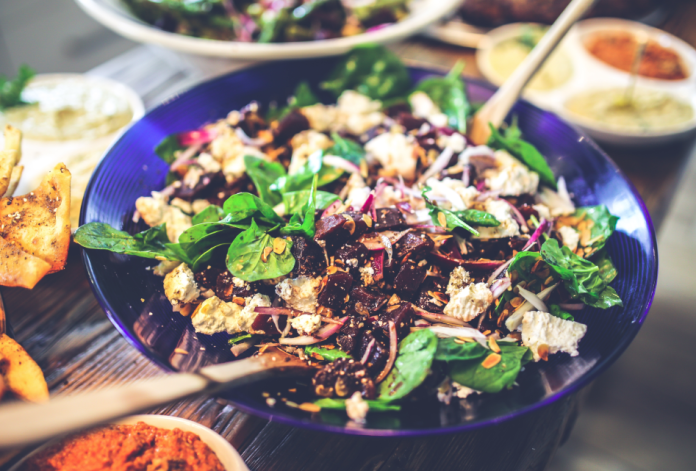If you have trouble sticking to a diet; health-saviours like Kayla Itsines and Matthew Frenkle cater for your dieting needs. These days it’s super easy to organise a diet and nutrition plan. All you have to do is stick to it and it’s not for the weak-hearted either!
You have to want it to succeed.
These days the word ‘diet’ has advanced, but forever holds onto the idea of salads and vegetables being the main focus of ‘healthy’. Years ago, no one cared about the how much food we were consuming and how often. If you were hungry, you would eat.
Now-a-days, because fitness has become such a craze amongst post teens and adults, everyone is jumping onto the health-kick ship. Unfortunately however, many of us are uneducated on the secrets of successful dieting. I’m not talking about eating a banana for breakfast, a salad for lunch, and a small dinner that leaves us tossing and turning at night because we are starving. Chances are you won’t lose weight, but only slow your metabolism down.
Calorie deficit, is probably an unfamiliar term amongst most people and believe me, about a year ago I also had no clue what that meant. The health and fitness industry is a whole new language itself; it would take a lot of time and dedication to understand the ins and outs of how our bodies work in relation to the foods we consume.
The best way to calculate your deficit for the day is by using a calorie counter. Basically, by reading the labels from food products and calculating the calories you consume and then the calories you burn in a day that is the best way to stay on top of your diet. Of course, the majority our bodies weren’t designed to eat delicious foods and still look amazing! Most of us have to go to the gym to enjoy the tasty foods and banging bods! For example, if you consume 2000 calories in a day and burn 2500 calories at the gym, you have created a 500 calorie deficit and will be well on your way to losing those stubborn kilos.
Of course, the term ‘diet’ has many variations, especially now since people are more knowledgeable about what can potentially work for our bodies. Different diets include:
- Vegan:plant-based foods only
- Paleo:Foods eaten by early humans
- Carb cycling:Mixing high and low carb days to optimise weight loss
- Raw food:organic, plant-based foods
plus many more. Jade Towle from The Reply Magazine explains her experiences with diet trends that land on our plates promising exceptional and ground-breaking results.
The misconceptions of dieting revolve around all those yummy foods being bad for you and the main cause for weight gain. When people diet, sweets, bread, white rice, and pasta are farewelled and fruits, oats, vegetables are the replacement thinking they’re healthy. However, fruits contain high amounts of sugar, which are a type of carbohydrate. According to Authority Nutrition there is such a thing as healthy high carbs.
So, what’s the difference between eating a large apple with 22g of carbs in it and 35g of jelly beans equalling around 22g carbs? There is no difference, plain and simple. However, you’re more likely to feel full on an apple than from sweets.
Of course, all nutritionists and dieticians have different opinions and our bodies don’t all operate the same. What works wonders for one person might not work wonders for another. Health and fitness are a trial and error industry.


![5 Reasons You Should Travel Alone Airplane [image source: chau nguyen/ http://thedevilhatessweatpants.blogspot.com.au ], crowd ink, crowdink, crowdink.com, crowdink.com.au](https://crowdink.com/wp-content/uploads/2016/08/Chau-airplane-218x150.jpg)





























